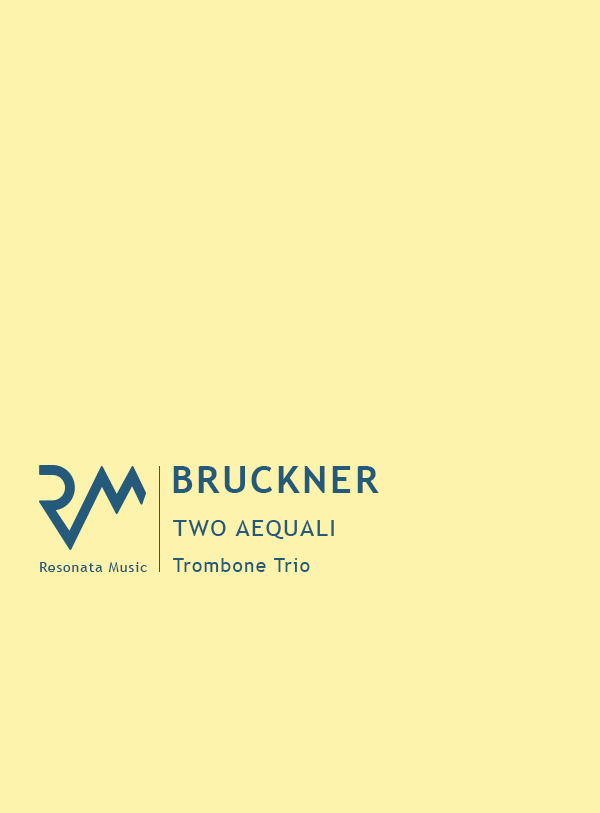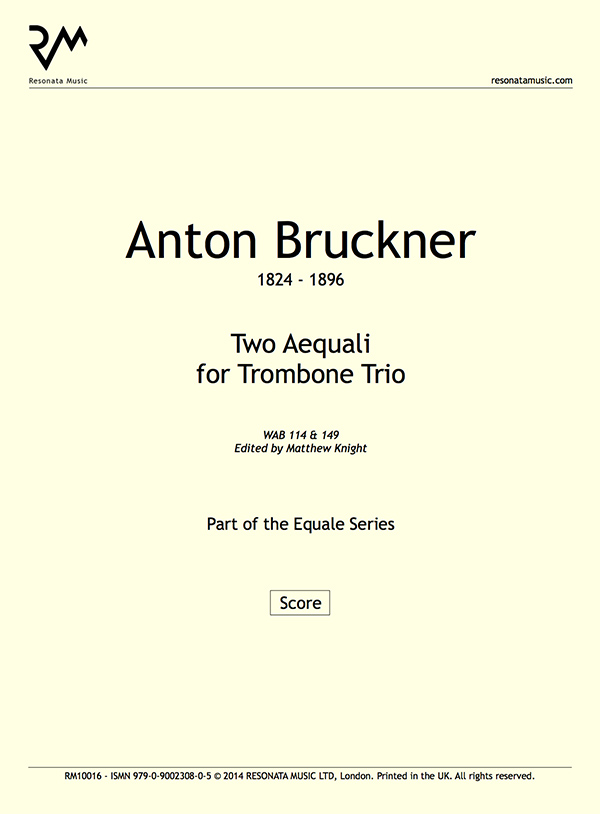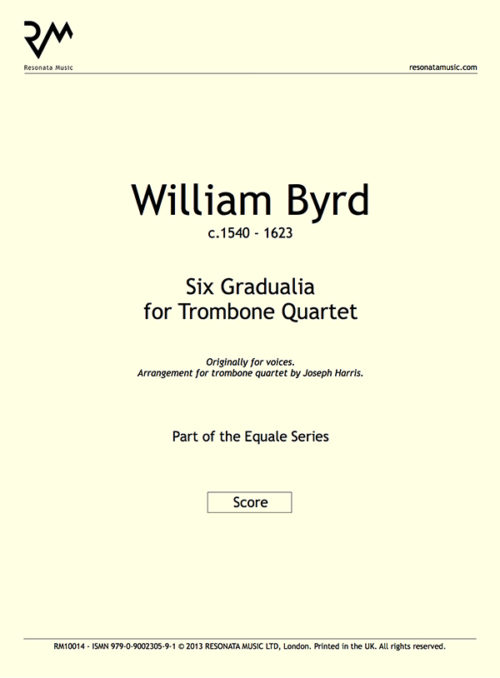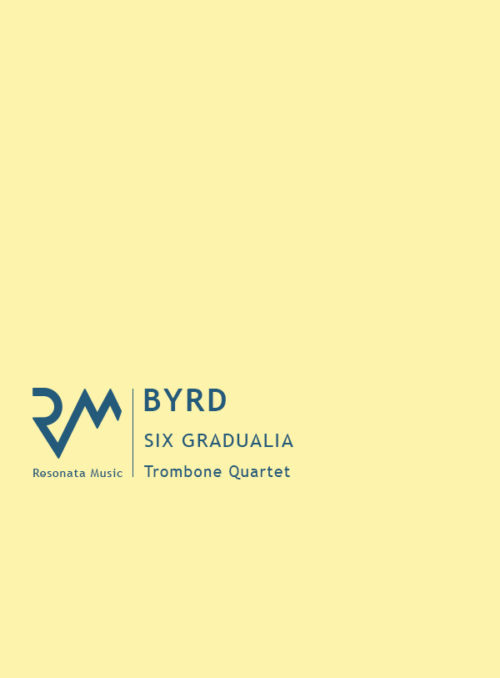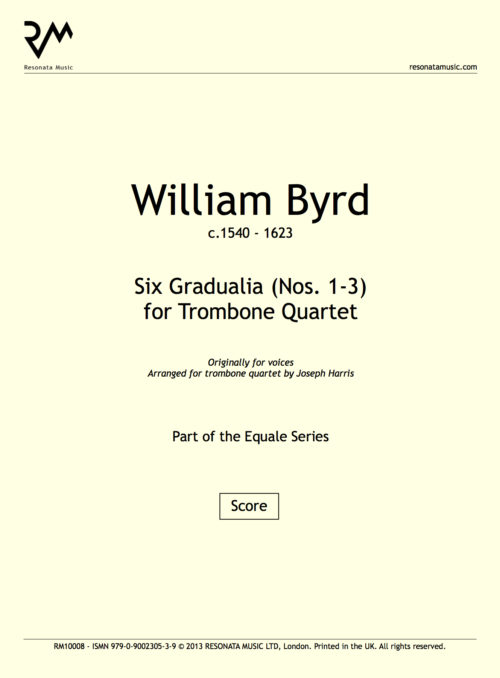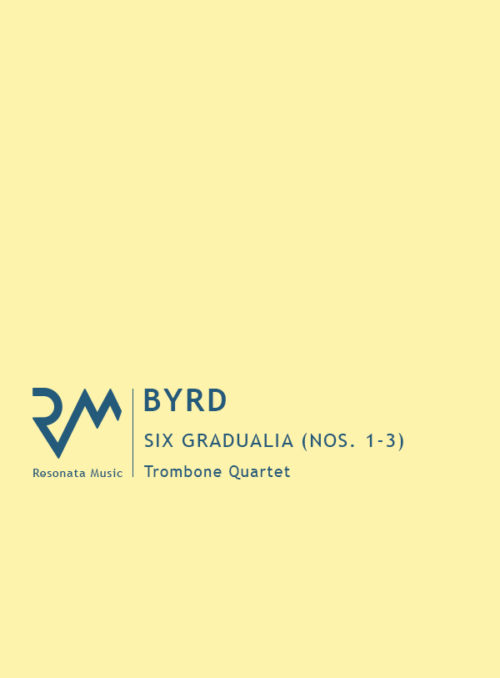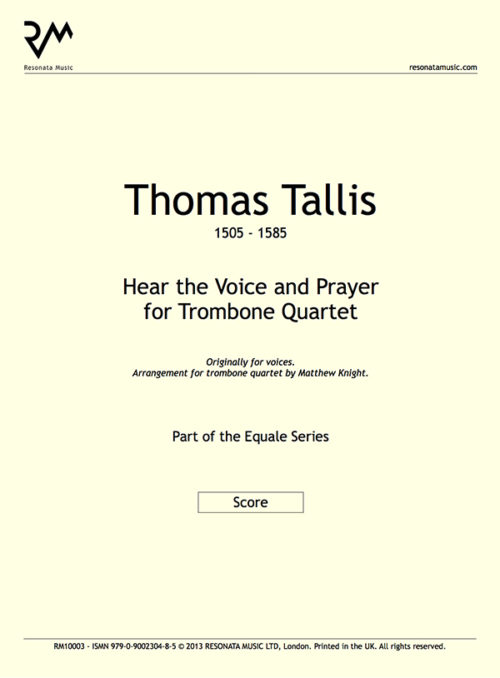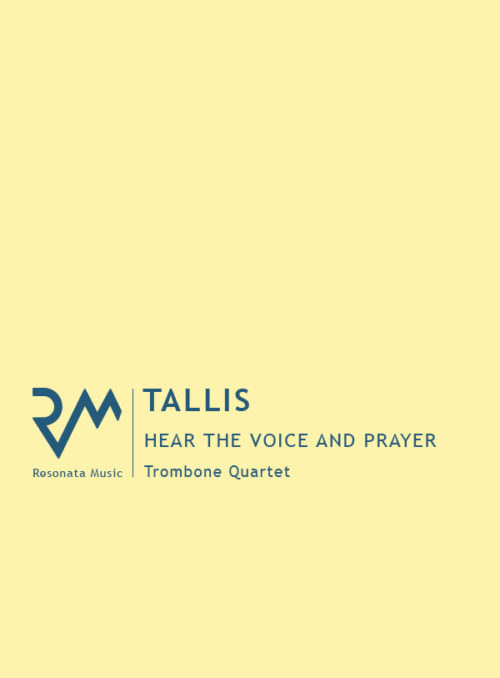Description
Although the Latin voces aequales literally just means ‘equal voices’, the term Aequale took on a more specific meaning in 18th-century Austria, referring to short, homophonic and funereal pieces for trombones. The instrument already had an appropriate semantic identity in its long-established associations with both the divine and the day of judgement, notably exploited in the Tuba Mirum solo from Mozart’s Requiem.
The most famous examples are Beethoven’s three Equali for trombone quartet, written in 1812 for All Souls’ Day at Linz Cathedral, and later played at his own funeral in 1827. In 1847, following this tradition, and prompted by the death of his aunt and godmother, Rosalie Mayrhofer, Bruckner composed two Aequali for trombone trio.
His biographer, August Göllerich, found these short pieces ‘more comforting and hopeful than mournful’, and this view is supported by the harmonic language of these C-minor miniatures: not only do they each culminate in a tierce de Picardie, but in fact every phrase except the very first of the first Aequale has a major cadence; consequently throughout the pieces the C-minor tonality is countered by a steadfast major-mode opposition.
Parts included:
- Score
Purchasing this product entitles you to download it three times. You will receive an email with a link to download your files upon completing payment.

